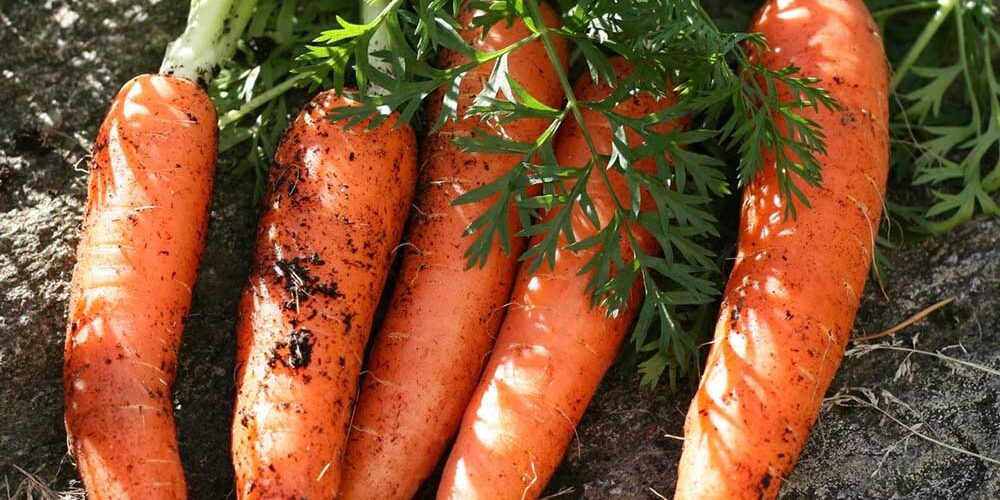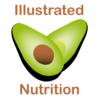Organic Food: Nutrition and the Myth

Is organic food better for you? The answer to this question is complicated. One of the main advantages of eating organic is that it's usually healthier because the produce isn't treated with pesticides or herbicides, but there are also disadvantages to eating an all-organic diet. This blog post will discuss whether or not organic food is more nutritious, what types of foods are best eaten organic vs non-organic and busting some myths around eating an all-organic diet.
Is organic food more nutritious?
Technically, yes, but I doubt our conclusion will surprise you if you're a regular reader. Here's the nitty gritty:
In April of 2010, Walter J. Crinnion produced a study comparing organically grown food with non-organically grown food. Crinnion's conclusion in the study was, “organic varieties do provide significantly greater levels of vitamin C, iron, magnesium, and phosphorus than non-organic varieties of the same foods.”
And, while the research is sound, it makes me wonder if the higher nutrient levels are significant enough that eating non-organic is a poor health decision. It would seem the question is not, "Is organic food more nutritious?" But rather, "Does non-organic food provide the nutrition we need?"
Harvard Medical School, however, published a robust comparative study on Harvard Health Publishing in 2012 that answers this question. After reviewing a study that the same way as Crinnion above, Harvard Medicine concluded, "organics do have some safety advantages over conventional foods, nutritionally speaking they have little extra to offer.” Which means, if you’re after organic food because it's more nutritious, you're being hoodwinked. Conventionally grown food provides all the nutrition you need for your overall health.
Some Possible Exceptions
While conventionally grown food doesn't vary significantly in nutrition, it definitely provides lower levels of pesticides. Of course, even non-organic foods will fall under the acceptable amount of pesticides according to the FDA. So where do we go from here?
If you're looking for a good place to start when it comes to avoiding harmful pesticides, we recommend the "Dirty Dozen" as outlined yearly by Environmental Working Group (EWG), linked here. The EWG compiles a list of the 12 fruits and vegetables with the highest levels of pesticides. If you're looking to buy organic, these are the ones you should prioritize.
Myth-busting Conclusion
You saw the writing on the wall: we think the answer is moderation. You do not need to be Miss Granola in order to have a healthy, nutritious diet. But it doesn't hurt to prioritize groceries that come sans-possible human carcinogens (follow this link to get the full list). Allow your personal choice and wallet size to help make the decision. And outside of that, wash fruits and veggies with a gentle dish detergent and water or peel off the outer layer of skin.
